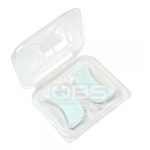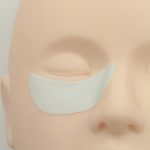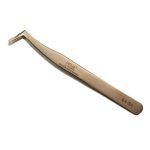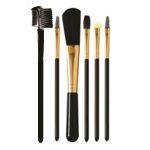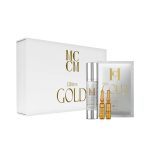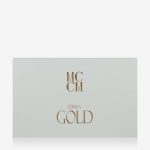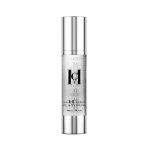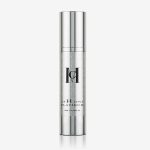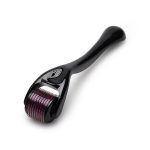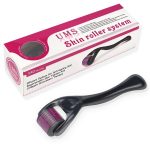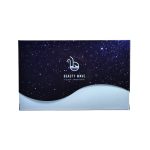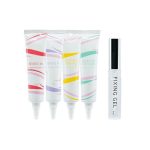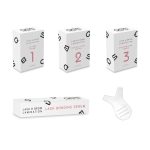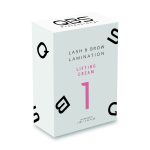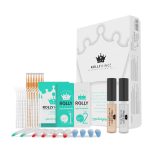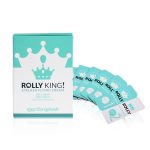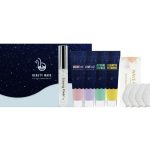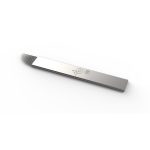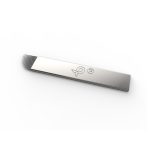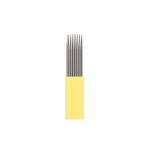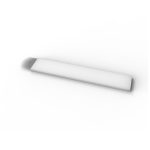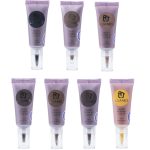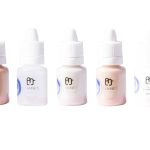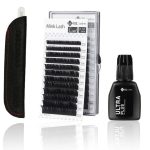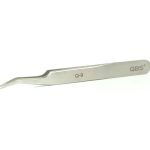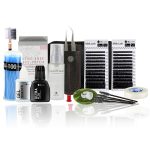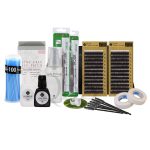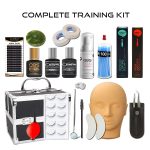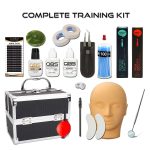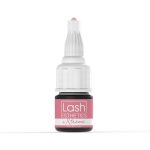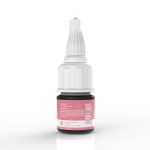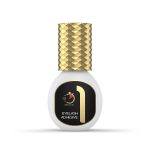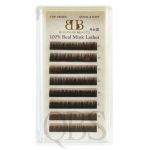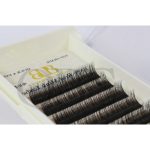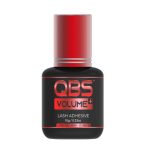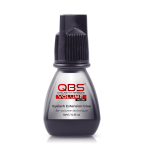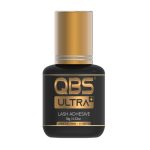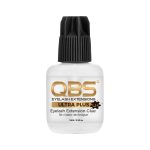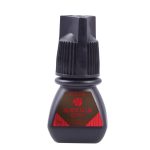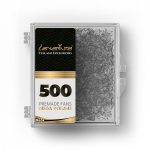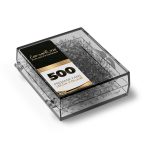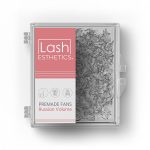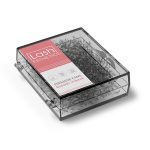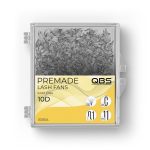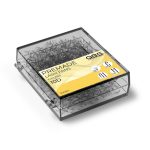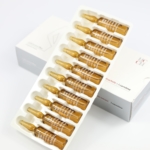What is topical treatment?
Topical treatments which are applied directly to the skin take up a vast majority of available therapy options in dermatology, hence undoubtedly are a great deal. They are prescribed and used willingly by doctors and patients mainly for two reasons: with their use, it is possible to apply an increased dose of medication exactly where it is needed as well as side effects and toxicity to other organs of the body are greatly reduced than when taking the systemic alternatives.
Moreover, the manufacturers can effortlessly experiment with the desired consistency of the treatment and adjust it rightly depending on the affected body area and skin condition that the medication is for (in some places of the body and in some skin diseases the skin is thinner/thicker what facilitates/hinders the product’s absorption).
Atopic dermatitis
Atopic dermatitis, also called atopic eczema, is a relatively common skin condition which is estimated to affect around 230 million people worldwide. Its symptoms that include continuous skin dryness, itching, characteristic rashes and propensity for irritation result from inflammation and heavily disrupted skin lipid mantle - at the same time, these are two targets of topical treatments indicated for this disease.
The staples of every atopic dermatitis therapy are emollients - products which simultaneously hydrate, replenish the damaged skin protective barrier as well as lock the moisture within the skin. Apart from that, anti-inflammatory and antipruritic agents like topical steroids and topical calcineurin inhibitors are most frequently used in terms of active ingredient treatment.
In some cases, antiseptics may be recommended as, what has been confirmed by multiple studies, the skin of atopic dermatitis patients is much more often colonized by detrimental bacteria, especially Staphylococcus aureus.
Acne medication
Topical treatment for acne is prescribed when the lesions are in their mild to moderate stage - when the condition is past this stage, they are unfortunately insufficient. Its recommended type vastly depends on the kind of acne that one has - for comedonal acne which consists of blackheads and whiteheads, retinoids or vitamin A derivatives are the most potent, usually first-choice option while the second one is other keratolytics including azelaic acid.
For pimples that are inflammatory, thus have a reddened halo at the base and are filled with pus, antibiotics and other antibacterial agents like benzoyl peroxide are prescribed.
Rosacea treatment
Rosacea is a chronic facial rash that mostly emerges between 30 and 60 years of age. On its inflammatory, vascular canvas there appear lesions called papules - hardened, <1cm small in diameter, reddened elevations above the level of the skin. All of the symptoms typically aggravate with stress, sun exposure and spicy food or drinks. When it comes to topical treatment, metronidazole cream or gel is the first choice. In milder and/or more popular cases, azelaic acid and ivermectin are other alternatives.
Simultaneously, brimonidine gel is recommended to temporarily reduce facial redness.
How to apply topical medication?
Without a doubt, topical medications are practically indicated for every dermatological condition, even for piles. In every case, the effectiveness of any topical medication is greatly enhanced by its proper application. The golden rule here is to maximize the treatment’s absorption - start with thoroughly washing your face with a pH-neutral cleanser to get rid of undesired superficial skin debris.
Then, proceed to apply the medication - you should spread a thin layer of it directly over the affected area and a small margin around it. At the same time, applying a thicker film on the skin will not boost the efficacy of the gel or cream but will only increase the risk of irritation and clogging the pores.
Most medications are usually applied in the evening as multiple agents make the skin significantly more sensitive to the sun and UV-related damage. The frequency of application primarily depends on the doctor’s recommendations however, what specifically involves topical acne medication, you may want to gradually apply more and more of it every week to accustom your skin to the treatment and minimize irritation and other side effects.
Eczema cream
While eczema patients know how incredibly hard it is to find a product that finally brings relief, Quality Beauty Store offers a solution to this matter.
MCCM Medical Cosmetics Atopical Cream has been specially designed with professionalism and care for the atopic skin. A potent combination of Sorbitol and Sodium Hyaluronate provides instant comfort and frees from the problem of continuously dry, irritated skin. Concurrently, innovative Tripeptides boost collagen production to make the skin more resilient and thick for an additional soothing effect and rejuvenation.
Meanwhile, MCCM Slim Cream is a perfect regenerating cream for the body. With frequent use, it makes the skin visibly more nourished, supple and healthier as it was created in response to the skin’s fundamental needs to achieve well-being. Borage Oil supplies the skin with compatible lipids, replenishing the impaired protective barrier while Aloe Extract cares for hydration and mitigation of irritation.
At the same time, a mixture of collagen and plant proteins rejuvenates the skin and protects it against further damage. Try them both and enjoy the new hydrated and less irritated skin!
